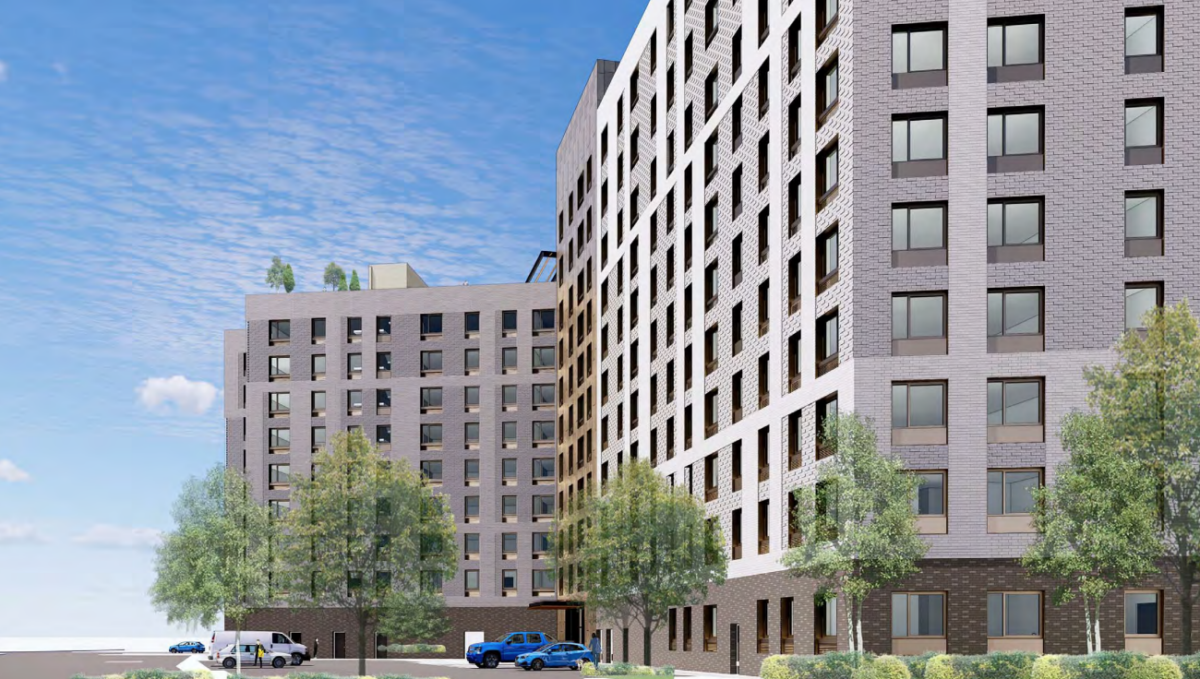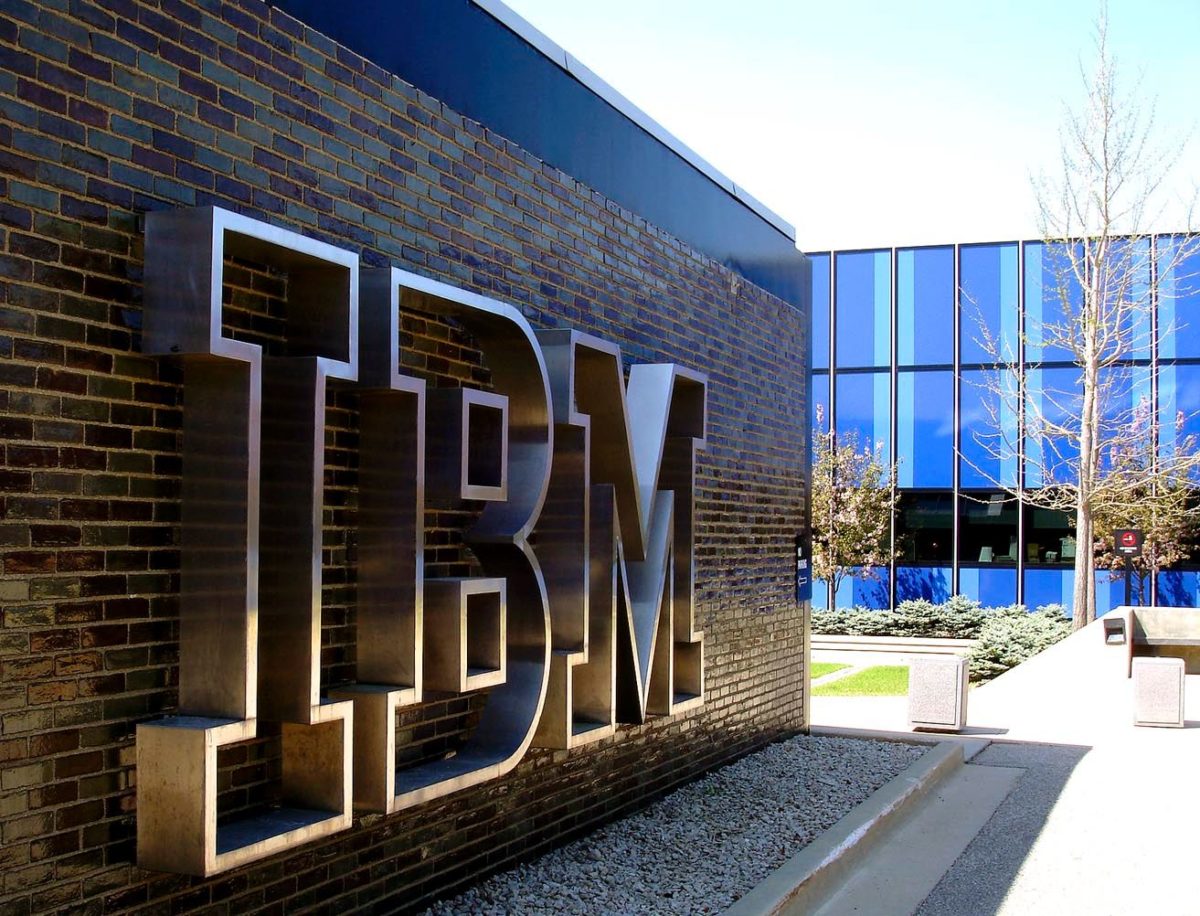One of the state”™s evergreen political footballs, highway tolls, is back.
 A pair of state senators from Fairfield County have introduced a bill that would “construct, maintain and operate electronic tolling systems” on Interstates 84, 91, 95 and portions of Connecticut Route 15.
A pair of state senators from Fairfield County have introduced a bill that would “construct, maintain and operate electronic tolling systems” on Interstates 84, 91, 95 and portions of Connecticut Route 15.
Proposed Bill No. 128, filed by Democratic Sens. Will Haskell of Westport and Alex Kasser of Greenwich, offers no details on precisely where the tolls would be installed.
The bill’s purpose is to “establish long-term, sustainable funding for the Special Transportation Fund,” which would “pay for specified transportation projects.”
Gov. Ned Lamont led the charge for bringing tolls back last year, a fight that positioned him against not only state Republicans but also some fellow Democrats and even some New York lawmakers.
Lamont declared last November that he would not reintroduce the highway tolls concept this year ”“ a statement he reiterated earlier this week.
“We knew that the transportation fund was running out of dough last year,”™’ Lamont said during a Monday press conference. “You could just see that. It”™s been accelerated due to Covid ”“ people driving less and the low price of gasoline.
“We made a couple of proposals last year,” he continued. “They were tough. And they were hard decisions, and the legislature didn”™t want to make a hard decision.”™’
His approach this year, he said, is to give the legislature “some other ideas to make this fund solvent so we can go forward. In the meantime, we are going to get probably a couple hundred million dollars from the feds for transportation-related assistance, so we have a little bit of time so we could manage through this. But the legislature is going to have to make up their mind on this.”™’
The Special Transportation Fund is projected to run a $60.6 million deficit this fiscal year, in part due to less money than was previously anticipated to come in from the gasoline tax. That tax, which usually raises about $500 million per year, is projected to drop to $488 million this fiscal year and to $475 million in the fiscal year that begins July 1.





















